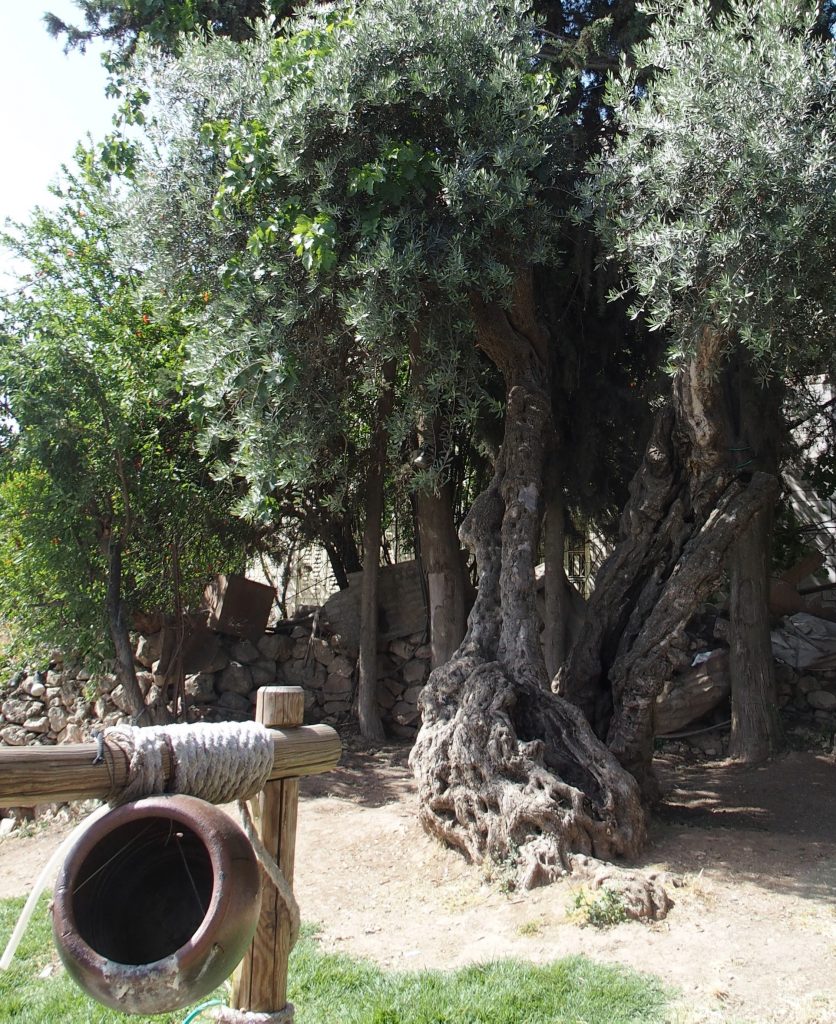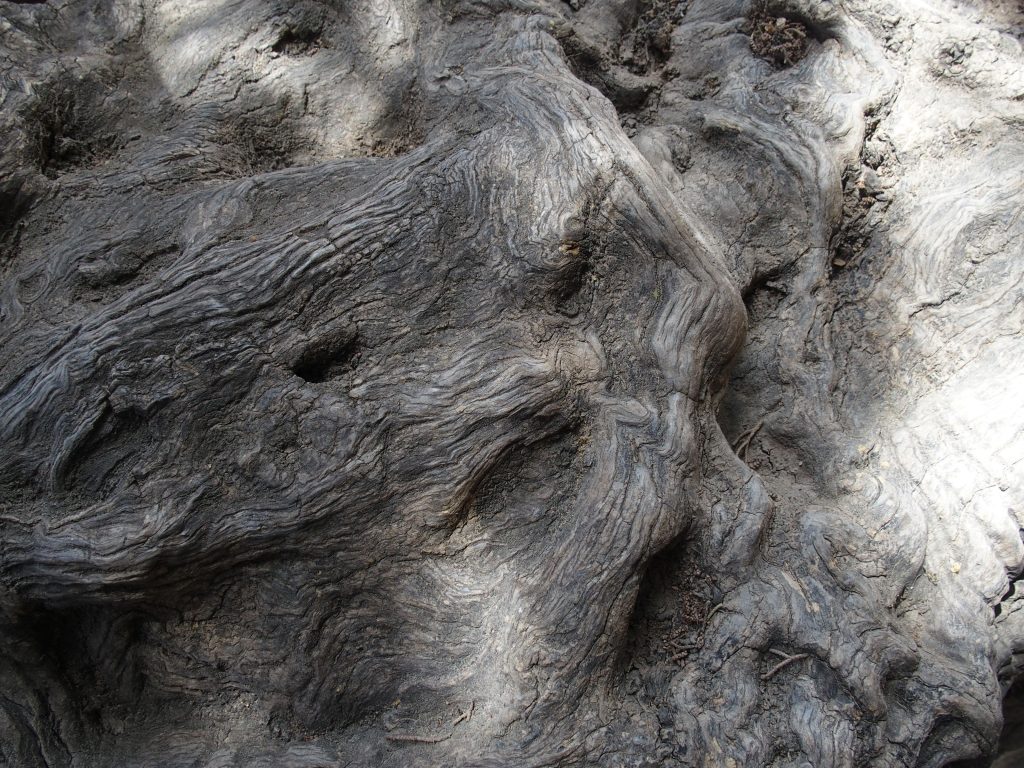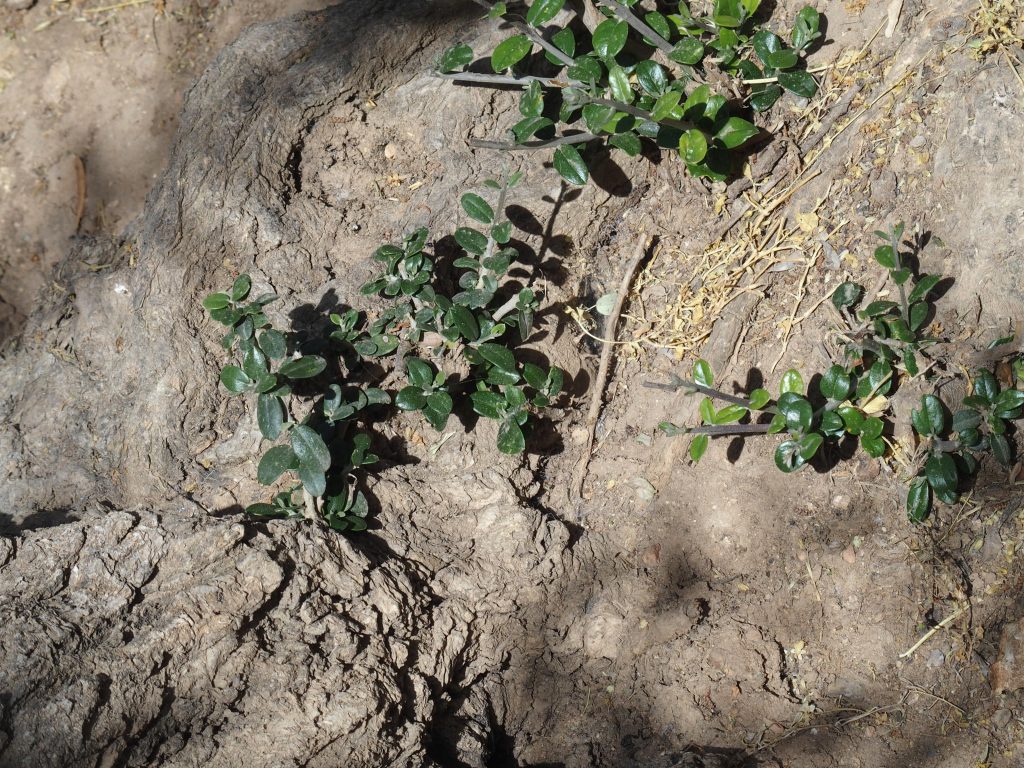 For the past year I’ve been studying the Jewish roots of my faith. I’ve spent no small amount of time grappling with where Gentile believers fit. After all, I’m just a dyed-in-the-wool Irish girl. That’s about as far from Jewish as you can get. If the covenants, including the new covenant (Jeremiah 31:30-31), were given to Israel, where do I belong?
For the past year I’ve been studying the Jewish roots of my faith. I’ve spent no small amount of time grappling with where Gentile believers fit. After all, I’m just a dyed-in-the-wool Irish girl. That’s about as far from Jewish as you can get. If the covenants, including the new covenant (Jeremiah 31:30-31), were given to Israel, where do I belong?
All the symbolism of the olive tree in Romans 11 has always been pictured as Gentile believers being grafted in as a branch, whereby we receive nourishment from the root, but we’re still completely separate.
In Israel, our guide was a Biblical botanist, so she talked about the olive tree from a botanical point of view.

Standing next to the olive tree and noticing the gnarliness of the trunk, I realized that the shoots at the bottom of the tree had grown into the trunk to make it look like that. Malkah talked about the Hebrew word netzer, which means shoot or branch, and the word Notzrim, which is the Hebrew word for Christian, and my picture of the olive tree symbolism changed.
Since then, I did a little studying. Horticulturally, unwanted shoots are removed as shoots.
The arborist doesn’t wait until they become full branches. Likewise, grafts are frequently made at the shoot level, not as a fully developed branch. This enables the graft to meld into the trunk and deliver its goodness to the entire olive tree, while receiving all the goodness the root and main trunk has to offer.
What goodness do the trunk and root offer us? Everything. Ephesians 2 says that we were “excluded from the commonwealth of Israel, and strangers to the covenants of promise, having no hope and without God in the world.” Everything we know or understand about God comes through the Jews and the covenants made with them. Our understanding of the Scriptures makes so much more sense if we view them through the lens of Judaism. Even Jesus himself was given to us through the Jews.
And what we give in return are lives which demonstrate our trusting faithfulness in Jesus—their Messiah. Passion for Jesus and love for His people is what Paul said would incite jealousy in the non-Messianic Jews. That’s our job. To love Jesus so much that the Jews who don’t yet accept him as their Messiah will want to love and accept Him too.
Thoughts? Let’s reason together–in the comments.

